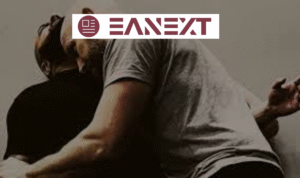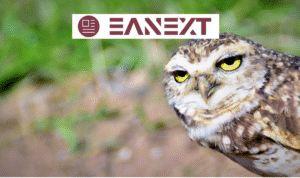In a world where new trends, substances, and online threats emerge almost daily, the rise in searches for “Is Zupfadtazak Dangerous?” has caught attention. Whether you’re seeing this word pop up in group chats, on niche forums, or perhaps in your search history out of sheer curiosity, it’s important to understand what you’re dealing with.
At this point, let’s break it down: What exactly is Zupfadtazak—and should you be concerned?
What Is Zupfadtazak?
As of now, Zupfadtazak does not appear to be a recognized term in mainstream databases. It isn’t listed in medical journals, toxicology databases, cybersecurity threat libraries, or any major dictionary. This suggests one of the following:
- It’s a made-up word or hoax circulating online.
- It might be a code or alias for something else—perhaps a mod, a hidden file, or a meme with a dark backstory.
- It could be a new or underground trend, product, or digital element that’s still emerging.
That doesn’t mean it’s safe—or unsafe. It just means more investigation is needed.
1. Online Hoaxes and Misinformation
The internet is no stranger to fabricated trends and fear-based content. In the past, similar unknown names or phrases have turned out to be:
- A social experiment.
- A viral joke or meme (think of “Momo Challenge” or “Blue Whale”).
- A deliberately made-up term meant to test algorithm reach or stir conversation.
So before panicking, it’s always wise to cross-check information from multiple sources and avoid spreading unverified claims.
2. Is It a Malware or Digital Threat?
Some searches for terms like Zupfadtazak might stem from users spotting suspicious files or processes on their devices. If that’s the case:
- Run a full antivirus and malware scan.
- Check your browser extensions or recent downloads.
- Look for unknown background processes or file names that include “zupfadtazak” or similar strings.
If you found the term inside a system file or error log, it could be a coded name for malware or adware, though nothing conclusive points to that yet.
3. Could It Be Slang or Code for a Drug or Product?
Online subcultures often use codewords or obscure names for substances, especially to evade detection on public platforms. There’s no record linking Zupfadtazak to:
- Recreational or synthetic drugs.
- Toxic chemicals.
- Energy supplements or underground medical treatments.
Still, if someone is offering something with this label—don’t consume or use it without clear information, safety data, and sourcing.
4. What to Do If You Encounter Zupfadtazak
Whether you came across this term in a chat, game, file, or forum post, here’s how to stay safe:
✅ Don’t Download or Run Anything
If you’re offered a file or game update with this name, skip it. Unknown software can contain harmful code.
✅ Ask in Tech or Safety Forums
Communities like Reddit’s r/techsupport or r/cybersecurity can help you identify the source of mysterious files or processes.
✅ Use Common Sense
If it feels off—it probably is. Unknown terms should be treated with caution until verified by a reputable source.
Could It Be an ARG or a Game?
Another possibility is that Zupfadtazak is part of an alternate reality game (ARG), fictional worldbuilding, or coded puzzle. These kinds of terms often appear in digital storytelling or immersive games meant to intrigue users and lead them down a narrative path.
Unless tied to something harmful, this scenario is likely safe, but always be mindful of how much personal information you share when exploring unknown sites or games.
Final Thoughts
So—is Zupfadtazak dangerous? At this point, there is no evidence that it exists as a real, verified threat—but that doesn’t mean caution isn’t warranted. Until more is known, treat the term like a red flag:
- Avoid unknown files or links with that name.
- Don’t trust sources pushing it without explanation.
- Stay updated with reliable forums or cybersecurity updates.
If the name becomes more common in tech, gaming, or health communities, we’ll know more soon. Until then, stay alert, stay curious—and stay safe.








